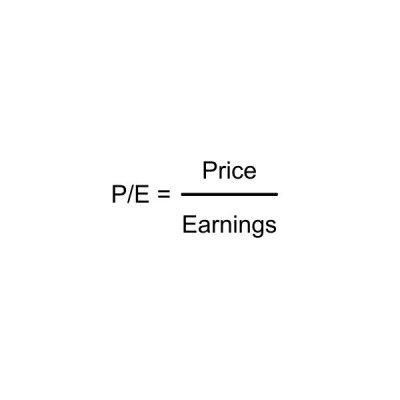
The most common practice is taking the amount from the newly delivered shares by surrendering stock back to the company.

One year after the grant date, 25% of the shares vest (5,000). In addition to providing for regular vesting, a graded vesting schedule may, alternatively, have varying intervals between vesting dates:Įxample: You are granted 20,000 RSUs. Most graded-vesting grants have restrictions that lapse over a period of three to five years. The vesting schedule can also (or instead) be performance-based, e.g., tied to company-specific or stock-market targets. Vesting schedules can also have "cliff" vesting, in which 100% of the grant vests all at once after you have completed a stated service period.
#HOW TO CALCULATE EARNING PER SHARE ON SALE OF COMMON STOCK SERIAL#
The example above uses a "graded" vesting schedule, i.e., the vesting of the grant in serial portions. Once each portion vests, you can sell the shares.

At the first anniversary of your grant date and on the same date over the subsequent three years, 1,250 shares vest. Your graded vesting schedule spans four years, and 25% of the grant vests each year. Vesting schedules are often time-based, requiring you to work at the company for a certain period before vesting can occur.Įxample: You are granted 5,000 RSUs. The grant is then worth $40,000 to you before taxes. By the time the grant vests, the stock price has fallen to $20. Unlike stock options, RSUs always have some value to you, even when the stock price drops below the price on the grant date.Įxample: Your company grants you 2,000 RSUs when the market price of its stock is $22. Unlike actual dividends, the dividends on restricted stock will be reported on your W-2 as wages, unless you made a Section 83(b) election, so they won't be eligible for the lower preferential rate currently available in tax year 2012 on qualified dividends. Companies can and sometimes do pay dividend equivlent payouts for unvested RSUs. Only then do you have voting and dividend rights. You typically receive the shares after the vesting date. The grant is "restricted" because it is subject to a vesting schedule, which can be based on length of employment or on performance goals, and because it is governed by other limits on transfers or sales that your company can impose.

Restricted stock units are a way an employer can grant company shares to employees. This article presents the essential facts of RSUs, including the basic concepts, the workings of vesting schedules, and the tax treatment. However, while the concept of RSUs is simple, there are technical points in these grants that you must understand to make the most of them. Unlike stock options, which can go "underwater" and lose all practical value with a falling stock price, RSUs are almost always worth something, even if the stock price drops dramatically. If you have received restricted stock units (RSUs), congratulations-this is a potentially valuable equity award that typically carries less risk than a stock option due to the lack of leverage.

With RSUs, you are taxed when you receive the shares.


 0 kommentar(er)
0 kommentar(er)
